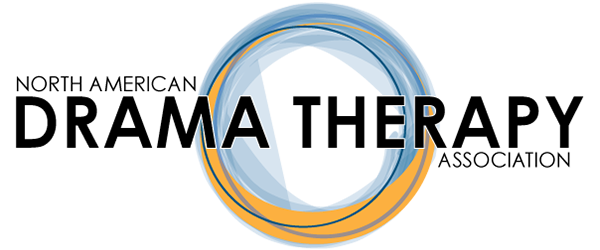|
|
| WHAT IS OPEN ACCESS? |
Open access (OA) refers to unrestricted literature that is free and available free online. OA publications may include journal articles, full journals, and books.
Open Access Journals
Some peer-review journals are open access, meaning the full content of the journal is available for those with internet access. Below please find a list of peer-review journals that may be relevant to drama therapy students and researchers.
Open Access Articles
Some peer-review journals have a select number of articles that are open access, often on rotation, meaning a different article may be available for select periods of time. Below please find a list of peer-review journals that have some open access content that may be relevant to drama therapy students and researchers.
Open Access Databases & Directories
There are lots of ways to search for resources without having access to university or college library. Below is a list of databases and directories that may help you search for literature and scholarly resources.
Research Sharing Networks
In recent years, social networks and research platforms were developed to promote research dialogue and the sharing of research literature among researchers and students alike. Below is a list of several networks that are free to join.
Additional Ideas for Accessing and Learning About Research Resources
If you need more ideas on how to access research literature and resources, here are some additional suggestions from members of the NADTA community:
- Consider contacting the author of the resource you’re interested in and inquire as to how you might obtain access to their work.
- Consider talking to a drama therapy mentor about research resources to learn more about how others access research literature.
- Visit your local public library; if the library does not have the resource you are looking for, ask the library staff about interlibrary loans.
- Visit or contact the library of a university or college you attended; ask the library staff about library privileges for alumni/former students.

